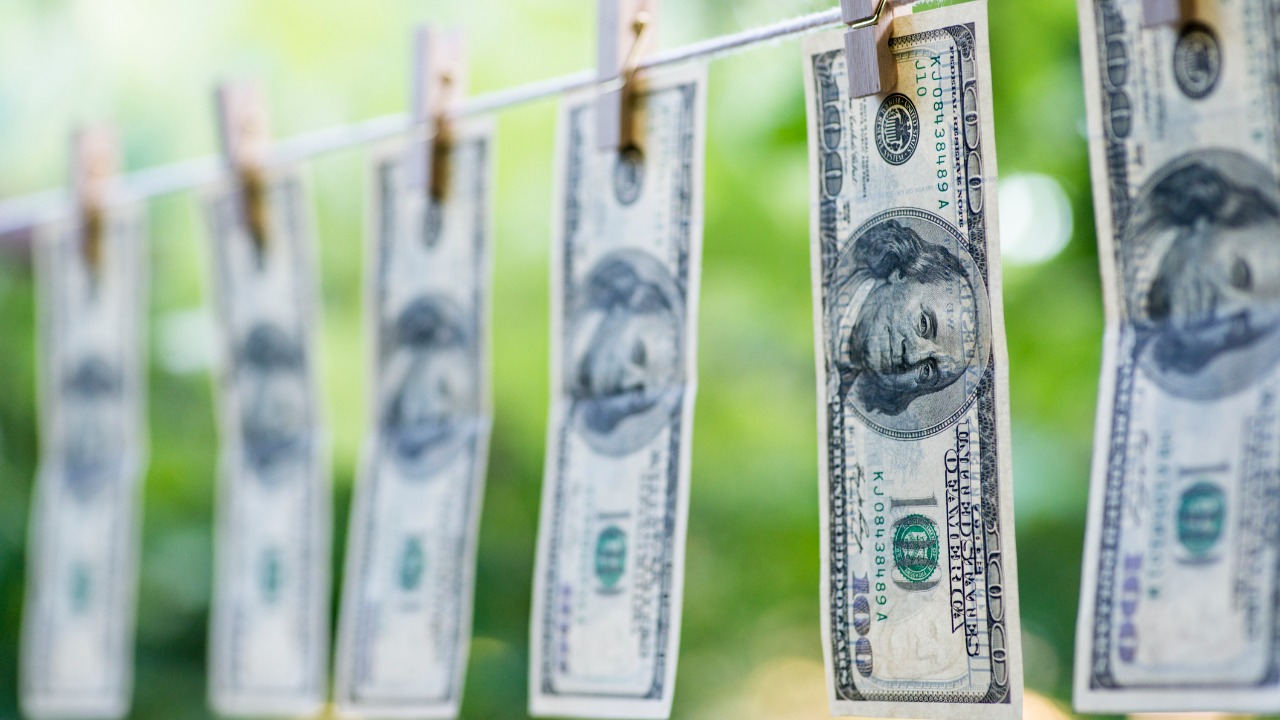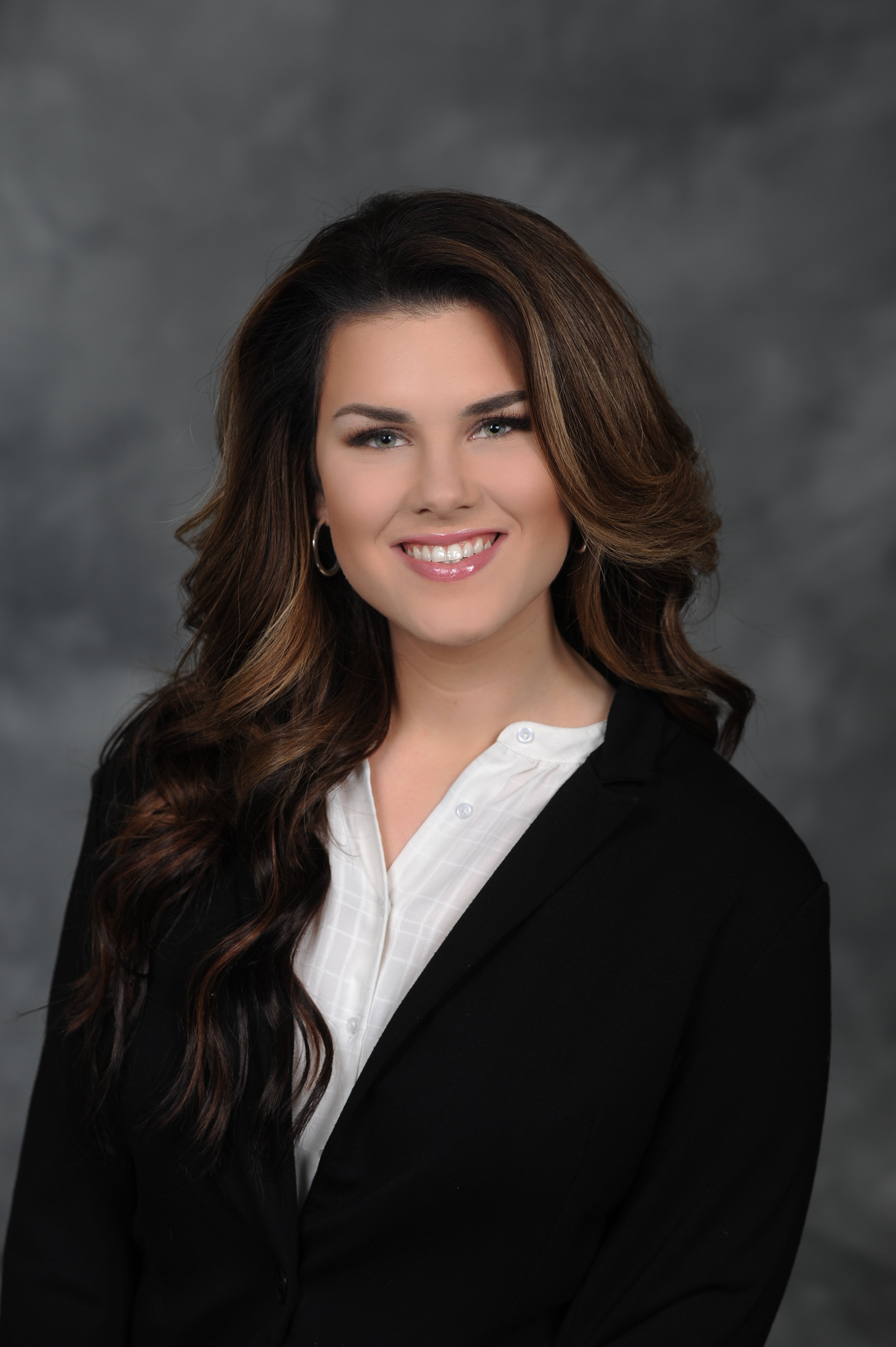The freshness of spring motivates a lot of people to throw open the windows and doors, and do a thorough spring cleaning. It’s a great way to take stock of what you have, organize it so everything’s more accessible, and ditch the clutter that’s keeping you from enjoying your space. While you’re at it, why not dive into a bit of spring cleaning for your finances, too?
Check Your Tax Withholding
You just filed your income taxes. If you got a big tax refund, that’s the good news and the bad news: good that you didn’t have to write a check to the IRS, and bad because a big refund means you overpaid. Basically, you’ve been shorting your take home pay to give the government an interest-free loan. So, examine the personal allowances you claimed on the W-4 form you completed for your employer. If you’re consistently getting big tax refunds, it’s likely you’re claiming too many allowances and, thus, having more money than necessary withheld from your paycheck.
Review Insurance Policies
You want to make sure that you have the right types and amounts of coverage. For example, you may have purchased a home or gained other assets since you first took out your auto policy. If so, it may be wise to increase your liability coverage. It may cost you more in the short-term, but you’ll be glad you had proper coverage if you need to make a claim. On the flip side, if you have auto and home policies with different companies, you may be paying too much. Oftentimes, you can save by bundling both auto and home insurance policies with the same company.
Evaluate Your Credit Cards
If you’re carrying credit card balances, you’re throwing away money, so make a strategy to pay off that debt. Lots of credit card issuers want your business, and periodically run balance transfer promotions that let you consolidate your balances onto one card that carries a super-low rate for a fixed period of time – sometimes as low as 0%, with no balance transfer fee. If you’re able to do this, be sure to pay off the debt before the interest rate goes back up to the regular rate. And remember, don’t close those old credit card accounts, because that could ding your credit score. Instead, once you’re free of credit card debt, use all of your cards periodically to keep them active, and discipline yourself to pay off all your balances each month.
Consolidate Retirement Accounts
If you’ve been fortunate to work for companies that offer 401(k) retirement plans, you may have accumulated several accounts that are sprinkled among various employer-sponsored plans. While diversifying your investments is always a good idea, it’s easier to manage them if they’re consolidated in one place. You have a couple of options. Your current employer may allow you to rollover other accounts into your current 401(k), but only do that if your current plan offers low fees and solid investment choices. You can also roll over those old 401(k) accounts into an Individual Retirement Account (IRA), where you have a broad range of low-cost investment options. Just be sure you do a direct rollover, so you don’t incur any tax penalties.
The blog post above was shared from BALANCE. For more information and similar resources, click here .





